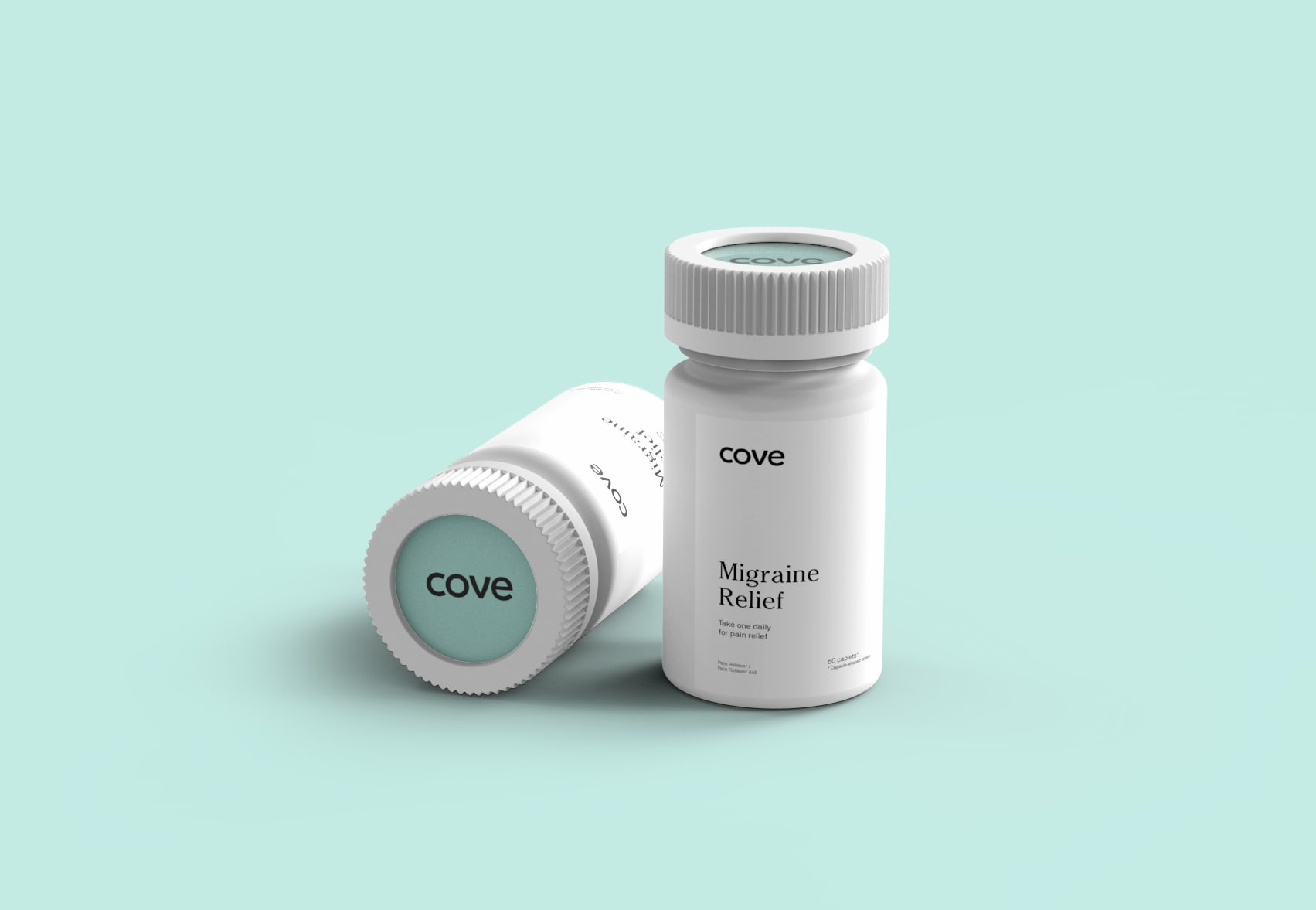Reyvow™, a completely new type of acute migraine medication, is reaching pharmacy shelves now after being approved by the FDA back in October.
The FDA gave Reyvow™ (also called lasmiditan) the green light after two clinical studies showed it was significantly more effective than a placebo at relieving pain, nausea, and light/sound sensitivity within two hours.
As a migraine sufferer, you’re probably wondering if this treatment could be right for you. While that’s a decision for you and your doctor, we want to give you the information you need to figure out if this groundbreaking medication might make sense for you to try.
What’s Reyvow™?
So what exactly is Reyvow™? It’s an oral medication that works similarly to a triptan, but impacts fewer serotonin receptors in the brain.
Dr. Jan Brandes, a Neurology professor at Vanderbilt University, called Reyvow™ “a new and novel option” for acute migraine treatment.
Is Reyvow™ different than lasmiditan?
Nope, they’re the exact same medication. Lasmiditan is just the generic name for the drug.
And it’s not a triptan?
That’s right, Reyvow™ is not a triptan. It’s a ditan, a whole new type of acute migraine medication.
(Or, if you want to get clinical, it’s in the serotonin (5-HT) 1F receptor agonists class.)
How does Reyvow™ work to treat migraine?
Like a triptan, Reyvow™ works to block pain pathways in the brain. How? It binds to specific serotonin receptors to convince your brain to decrease inflammation, which means less pain and more relief.
The difference between triptans and ditans like Reyvow™ is that, in addition to impacting fewer serotonin receptors than triptans, ditans don’t narrow your blood vessels. That makes them a safer option for migraine sufferers with cardiovascular conditions.
What are some potential side effects of Reyvow™?
Like all medications, Reyvow™ can cause side effects. Participants in the studies most commonly reported:
- dizziness
- fatigue
- numbness
- tingling
Do you need a prescription to get it?
Yes, Reyvow™ is a prescription medication. So if you’re interested in it, we recommend speaking to your doctor.
How much does Reyvow™ cost?
Like many new migraine treatments, this one can be expensive. It’s currently $640 for eight pills. The good news is that it could be covered by insurance and there’s a co-pay assistance program available through Reyvow’s website.
How do I know if Reyvow™ is right for me?
The best way to know if a specific medication is a fit for you is to talk it over with your doctor.
What are some other acute treatment options for migraine?
If Reyvow™ doesn’t sound like something you’d be interested in trying, you have plenty of other acute options. We’ll break down a few of them here to help you understand what’s available.
- As we mentioned earlier, triptans are a prescription option.
- NSAIDs can be over-the-counter (such as migraine relief) or prescription).
- Nerivio, a prescription wearable device, is new to market and could be the right option for people who are looking for a drug-free alternative.
While Reyvow™ hasn’t been around long enough for us to know how impactful it’ll be, this medication already represents a huge breakthrough in acute migraine treatment, given that it’s the first of its class to hit the market. For migraine sufferers who can’t take triptans due to their cardiovascular effects, Reyvow™ could be life-changing.
Looking to see what other innovations have been shaking up the world of migraine treatment lately? Head on over to our round-up of the latest migraine research.
The content provided in this article does not represent the views and opinions of the manufacturers of products mentioned. The information provided in this article is not a substitute for professional medical advice, diagnosis, or treatment. You should not rely upon the content provided in this article for specific medical advice. If you have any questions or concerns, please talk to your doctor.
Nerivio should not be used by people with congestive heart failure, severe cardiac or cerebrovascular disease, or uncontrolled epilepsy. Nerivio should not be used by anyone with active implantable medical devices (e.g. pacemaker, hearing aid implant). It should only be applied on the upper arm over dry, healthy skin with normal physical sensation. Nerivio should not be used directly over or in close proximity to any metallic implants or cancerous lesions. Nerivio has not been evaluated in pregnancy or those under the age of 18. For full use instructions and safety information, please see the Nerivio User Manual. Click here for the QuickStart guide.
Photo by Glenn Carstens-Peters on Unsplash


